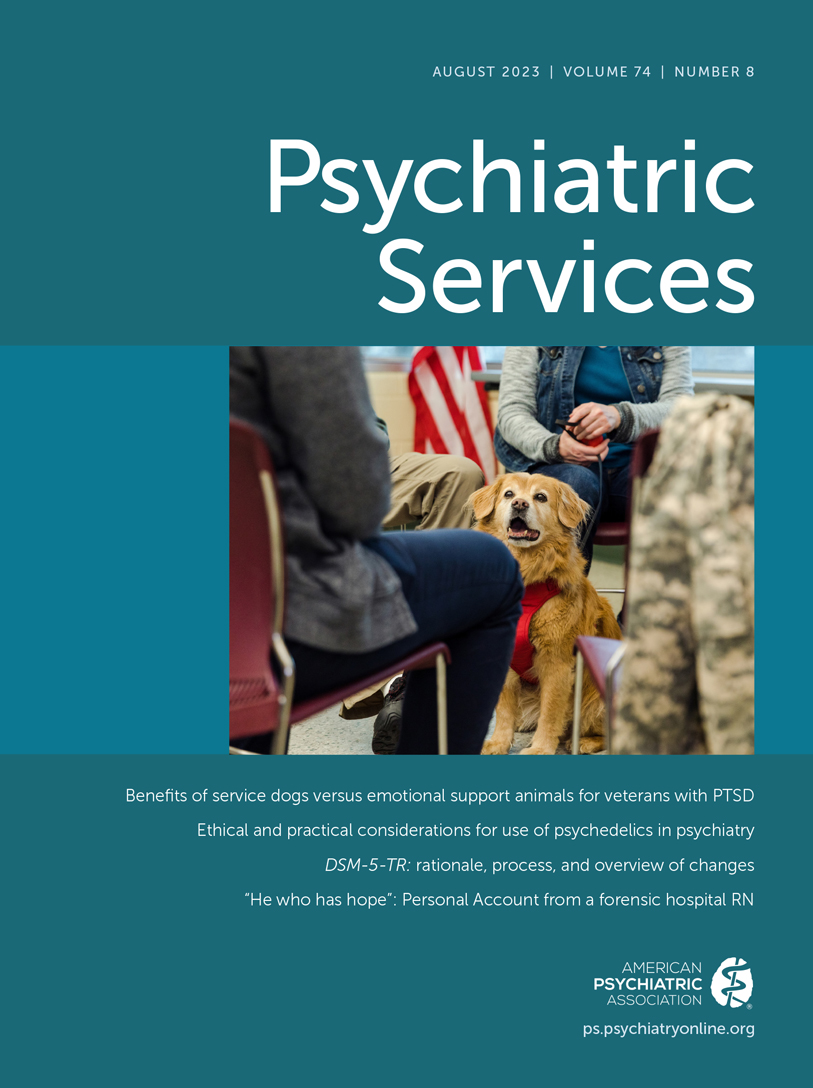Ethical and Practical Considerations for the Use of Psychedelics in Psychiatry
Abstract
In recent years, psychedelic-assisted psychotherapies have reentered the realm of rigorous scientific inquiry, garnering much attention from both the psychiatric community and the broader public. Headlines on major media platforms frequently tout the psychedelic future of psychiatry, and patients increasingly ask about the prospect of using psychedelics during their sessions. Despite this enthusiasm, psychedelics remain in an investigational stage, and more research and regulatory work are required before psychedelics can be deemed appropriate for general clinical use. In this climate, psychiatrists are increasingly curious about the prospects of psychedelic treatments. This review’s goal was to help psychiatrists better understand the complexities of the burgeoning field of psychedelic-assisted psychotherapy. The discussion encompasses issues surrounding psychedelics in their current investigational stage and issues for psychiatrists to consider should psychedelics become available for broad clinical use. This review discusses research equipoise in the context of the current enthusiasm for psychedelics, informed consent, patient vulnerability, equity and access, differences between clinical and nonclinical psychedelic uses, and psychedelic self-enhancement. As psychedelics move closer toward regulatory approval beyond research settings, it is vital that these promising treatments be used ethically. The unique features of psychedelic therapies, including the altered states of consciousness they produce and the vulnerability that such states entail for patients, require careful consideration to minimize potential ethical pitfalls. This review seeks to ensure that psychiatrists are equipped to use psychedelic psychotherapy both ethically and effectively.
Access content
To read the fulltext, please use one of the options below to sign in or purchase access.- Personal login
- Institutional Login
- Sign in via OpenAthens
- Register for access
-
Please login/register if you wish to pair your device and check access availability.
Not a subscriber?
PsychiatryOnline subscription options offer access to the DSM-5 library, books, journals, CME, and patient resources. This all-in-one virtual library provides psychiatrists and mental health professionals with key resources for diagnosis, treatment, research, and professional development.
Need more help? PsychiatryOnline Customer Service may be reached by emailing [email protected] or by calling 800-368-5777 (in the U.S.) or 703-907-7322 (outside the U.S.).



